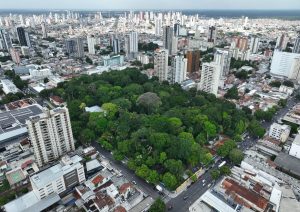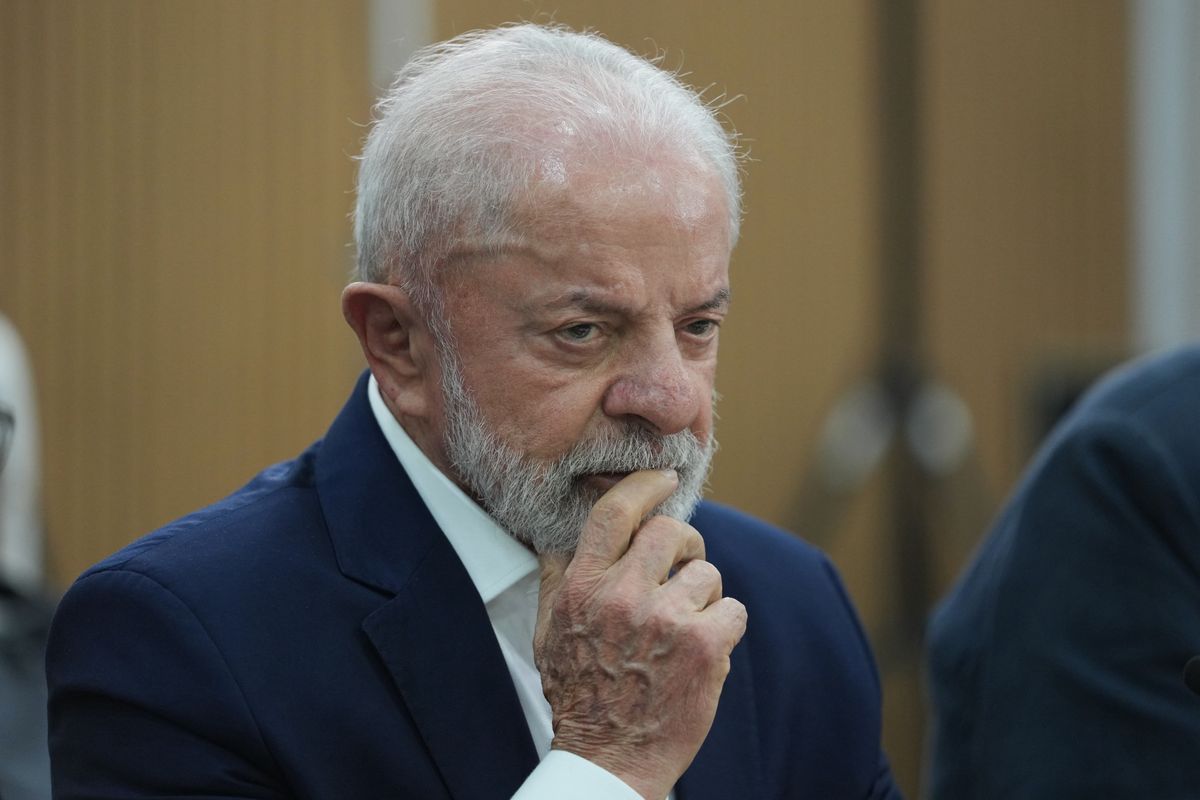RIO DE JANEIRO (AP) — Criminal gangs expanded their presence in the Brazilian Amazon last year and are now operating in nearly half of the region’s municipalities, according to a report published Wednesday by a prominent nonprofit organization.
The growth of these crime groups in the region, where U.N. climate talks are currently taking place, is driving violence and threatens the preservation of the world’s largest tropical rainforest, according to the Brazilian Forum on Public Safety.
Organized crime groups are now active in 344 municipalities out of 772, or some 45%, the nonprofit said. That’s a jump of 32% from last year’s report when they were present in 260, and more than double from two years ago.
The Red Command drug trafficking gang has more than doubled its presence since 2023. The notorious crime group was the target of Rio’s most lethal police operation ever on Oct. 28, when 121 people died.
The raid in Rio sparked a nationwide discussion on organized crime in Brazil, and on Tuesday evening the country’s lower house approved a bill that proposes an increase in the severity of sentences for gang membership.
“These crime groups are seeking to diversify and maximize their illegal activities,” David Marques, one of the report’s authors, told The Associated Press. “In addition to drug-trafficking, there’s been an increase of extortion and environmental crimes,” such as illegal logging and mining, he said.
With more criminal gangs come territorial disputes, weapons and violence, Marques said. There were 8,047 slayings in the region in 2024, a rate of 27.3 killings per 100,000 inhabitants, 31% higher than the national average, the group said.
In addition to Red Command and its main rival, First Capital Command, there are some 17 other criminal gangs operation in the region, also including Venezuela’s Tren de Aragua, a target of military attacks by U.S. President Donald Trump’s administration.
The Rio-based Red Command has dominated river routes in coordination with Peruvian and Colombian cartels. Drugs flow to strategic ports such as Manaus, Santarem, Barcarena, Macapa and Belem – where Brazil is hosting COP30.
Meanwhile, the Sao Paulo-based First Capital Command has focused on using clandestine airstrips in remote areas that are tied to illegal mining, the group said.
The group’s director, Renato Sérgio de Lima, said in a statement that combating organized crime in the Amazon will require a focus on alternate ways of developing the region besides “predatory exploitation of resources.”
The bill approved by the lower house on Tuesday would boost sentences for certain crimes when the defendant also is a member of a gang, for example increasing the 6-to-20-year recommended sentence for intentional homicide to 20-to-40 years. It also would allow authorities to seize assets even before a case’s final judgement and oblige gang leaders to carry out their time behind bars in maximum-security federal prisons.
President Luiz Inácio Lula da Silva has lamented on X that the legislation has been weakened because of proposed budget cuts to the federal police. The bill is now headed for the Senate, where it is likely to be modified, though some compromise version is likely to pass the congress eventually because crime has become a top concern of voters.
—
Follow the AP’s coverage of Latin America and the Caribbean at https://apnews.com/hub/latin-america
By ELÉONORE HUGHES
Associated Press


